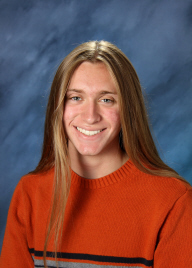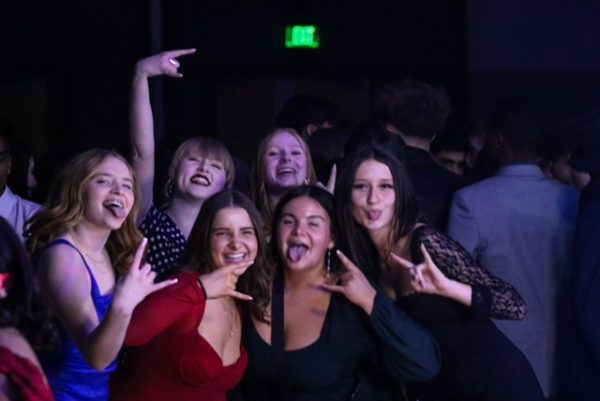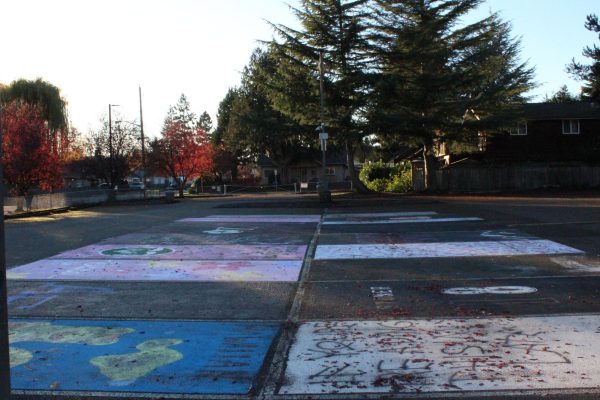Student off-campus expression under review by Supreme Court
Student expression off campus is being heard by the highest court in the United States this summer.
The Supreme Court will soon rule on the case of Brandi Levy, who, in 2017 as a freshman at Mahoney Area High School in Pennsylvania, was suspended from her school cheer team for one year after posting “F— school, f— softball, f—- cheer, f—- everything,” on her Snapchat story.
This case is the most recent in the long history of student’s rights in the Supreme Court and with this long history come many of the rules that students at Puyallup High School adhere to every day. But depending on how the court rules on this case, those rules could change and depending on who you ask, that’s a good or bad thing.
The reason this case, out of the many regarding social media at school, was chosen by the Supreme Court is the fact that the offense committed by Levy took place outside of both school property and school hours.
Because of this senior Shayla Anderson believes the high school should not have gotten involved.
“Since it’s online, and the school isn’t physically there to hear or get word about through another student while it’s happening in the school, I say it shouldn’t be an issue of theirs,” Anderson said. “I didn’t hear of anyone getting mad or offended by what she posted, I think it should be ignored as just a normal teenager being mad over school.”
Anderson’s opinion is one echoed by many other students at PHS, like senior Haley Wood, who feels students should be able to express their feelings when and where they want to outside of school.
“I feel like it wasn’t their right to do so, it was her free speech on a different type of social media, not on school property or something that involves school,” Wood said.
But as with any argument, there are multiple sides. AP Government and Politics teacher Matthew White believes there is an inevitable mixing of your social media life and your real life.
“In today’s day and age, I don’t know how you separate what you do in your private life from what you do in school time,” White said. “Because it doesn’t matter when the girl posted the social media thing or where she posted the social media thing, off school grounds or outside of school hours. Are you telling me that it’s not going to find its way onto campus? That’s an impossibility.”
But how does a case that originated on the East Coast impact students from across the country? Because the case has reached the Supreme Court, whatever decision they reach will be implemented across the entire United States. But as Principal David Sunich explains, reaching that agreement won’t be easy.
“The idea of what school is has evolved over time. And when we’re learning in our homes, those questions have come up because if a kid is in class, but they have an offensive sign on the wall behind them, that’s in their home, but they’re on a school thing. Is that something we can address or not?” Sunich said. “I think the line for me would be if it’s a school platform, like if it’s the chat on a Teams meeting, or a Zoom meeting, that’s clearly a school. That that is school. That’s your class.”
As for how PHS currently deals with any online disputes, there are currently no measures set in place to monitor student non-school online activity.
“In general, I don’t want to police social media, we would need multiple staff members that all they did was patrol social media,” Sunich said. “However, if something does come up on social media that is threatening or hurtful to people within the school and it’s creating issues here, I think we should have the authority to address it.”
Even though the case has not been ruled on yet, there many people speculating on the outcome. White feels that extracurriculars allow for different rules than regular school.
“Pottawattamie County Board of Education [versus Earls] said that you could have drug testing for extra extracurricular student activity, you know random drug testing,” White said. “So, I wouldn’t be surprised if the Supreme Court doesn’t step in and say that her speech about an extracurricular activity outside of school could be limited, and she could be disciplined for that which within limits.”
But with many years of case law already defined the decision will not be a simple or vast one as White explains.
“I doubt they’ll make a more broad reaching decision that says, all students in all cases don’t get the right to freedom of speech on social media outside of school time, I doubt they’ll do that,” White said. “I’ll bet they’ll make it a narrower decision focused on extracurriculars, again, I’m guessing, But I feel like it’s not a bad guess.”

Leo Quale is a junior staffer who joined after taking a sophomore journalism course. As the current Op/Ed editor he enjoys speaking his mind as well as...





